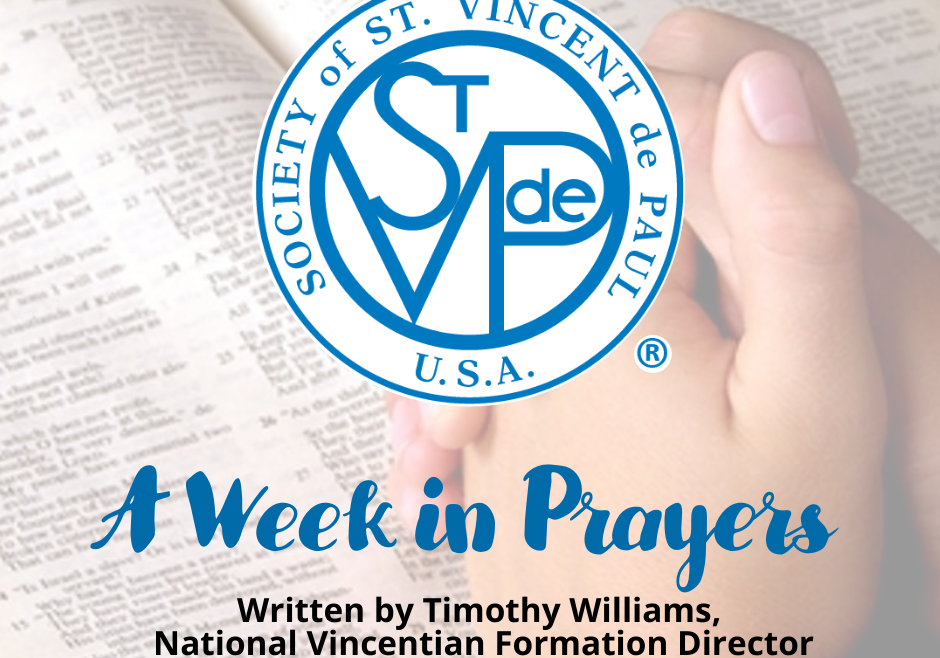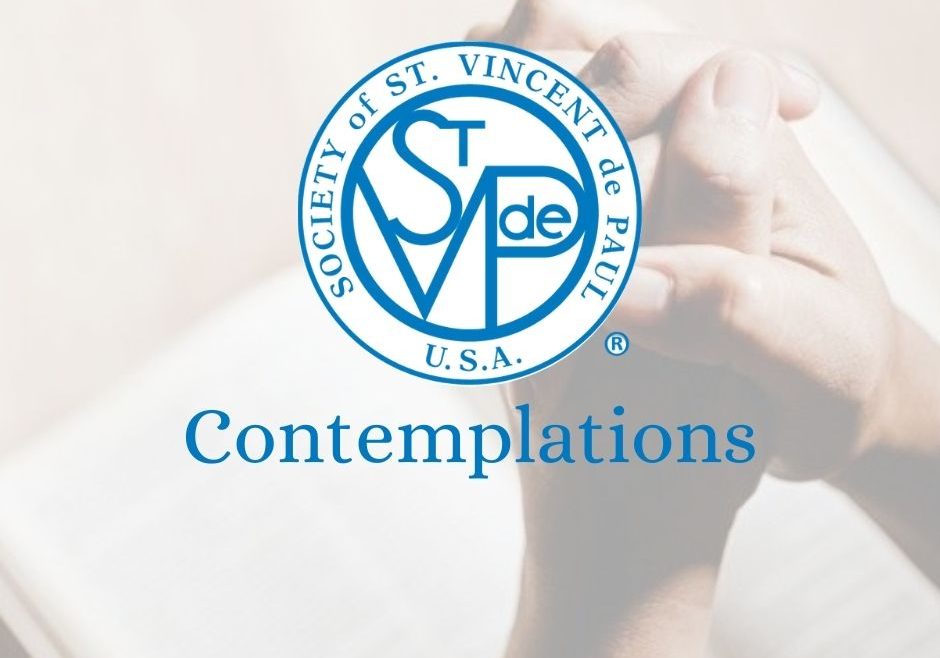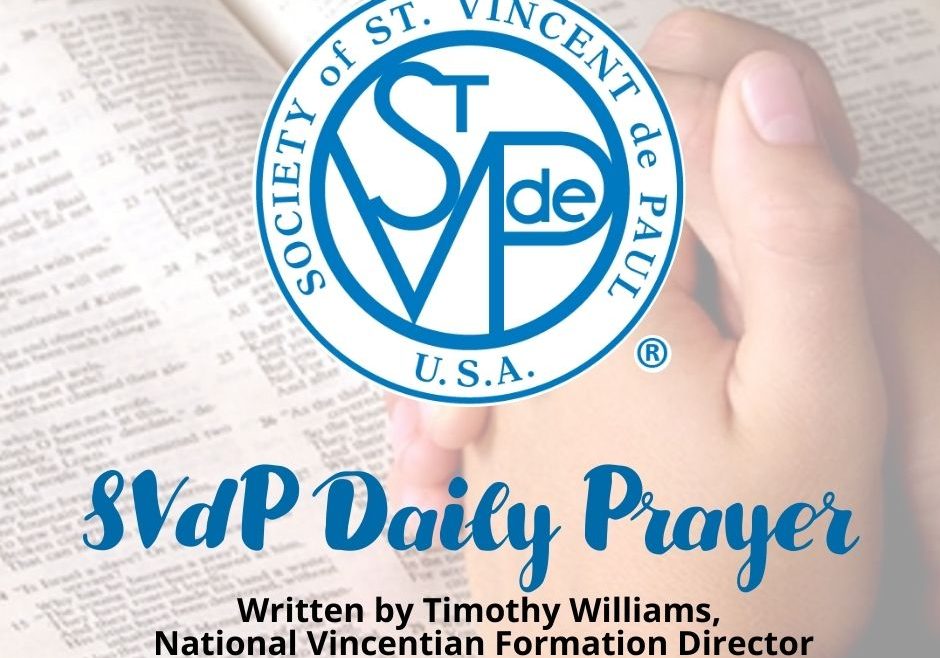Subsidiarity, Pope Pius XI taught, is a “most weighty principle, which cannot be set aside or changed, remains fixed and unshaken in social philosophy”. [Quadregesimo Anno, 79] Indeed, more than ninety years later, it remains one of the four core principles of Catholic Social Doctrine. [CSDC, 160] Given Blessed Frédéric’’s influence on the Church’s social teachings, it should come as no surprise that subsidiarity is and has always been a core principle of the Society, also.
Our Catechism explains that subsidiarity means that “a community of a higher order should not interfere in the internal life of a community of a lower order” leaving most decisions to the smallest associations, beginning with the family. Subsidiarity, it further clarifies, “aims at harmonizing the relationships between individuals and societies.” [CCC, 1883-1885]
For the Society of St. Vincent de Paul, this means that most of the decisions are made by Conferences, which are “as close as possible to the area of activity” and that in this way, “the Society promotes local initiatives within its spirit.” [Rule, Part I, 3.9]
This principle has been recognized since the Society’s earliest days. When Léonce Curnier was starting a new Conference in Nîmes in 1834, he wrote to Frédéric, seeking guidelines that the Paris Conference had followed. In his reply, Frédéric cautioned his friends against tying themselves down with “rules and formulas”, and instead being guided by Providence through the circumstances around them. After all, he explained, “the end that we set ourselves in Paris is not completely the same as that you set yourselves, I think, in the province.” [Letter 82, to Curnier, 1834]
In an 1841 Circular Letter written when he was serving as our first President-General, Emmanuel Bailly reflected on the formation of Councils during the Society’s rapid growth, explaining that Councils are “rather a link than a power” because from each Conference to the Council General and back, “there is neither authority nor obedience; there may be deference and advice; there is certainly, above all, charity; there is the same end, there are the same good works; there is a union of hearts in Jesus Christ, our Lord.” [Circ. Ltr. 14 Jul 1841]
In our social teachings, subsidiarity affirms “priority of the family over society and over the State” as the “first natural society”. [CSDC, 209, 214] Our Society was born as a single Conference. The principle of subsidiarity reserves to each Conference great freedom to act according local circumstances, conditions, and considerations It equally imposes a responsibility to be faithful the Scripture, to our Rule, and to our worldwide network of friends in this One Society.
Contemplate
Faithful to the spirit of the founders, how can I use “creative imagination” to better serve the neighbor?




